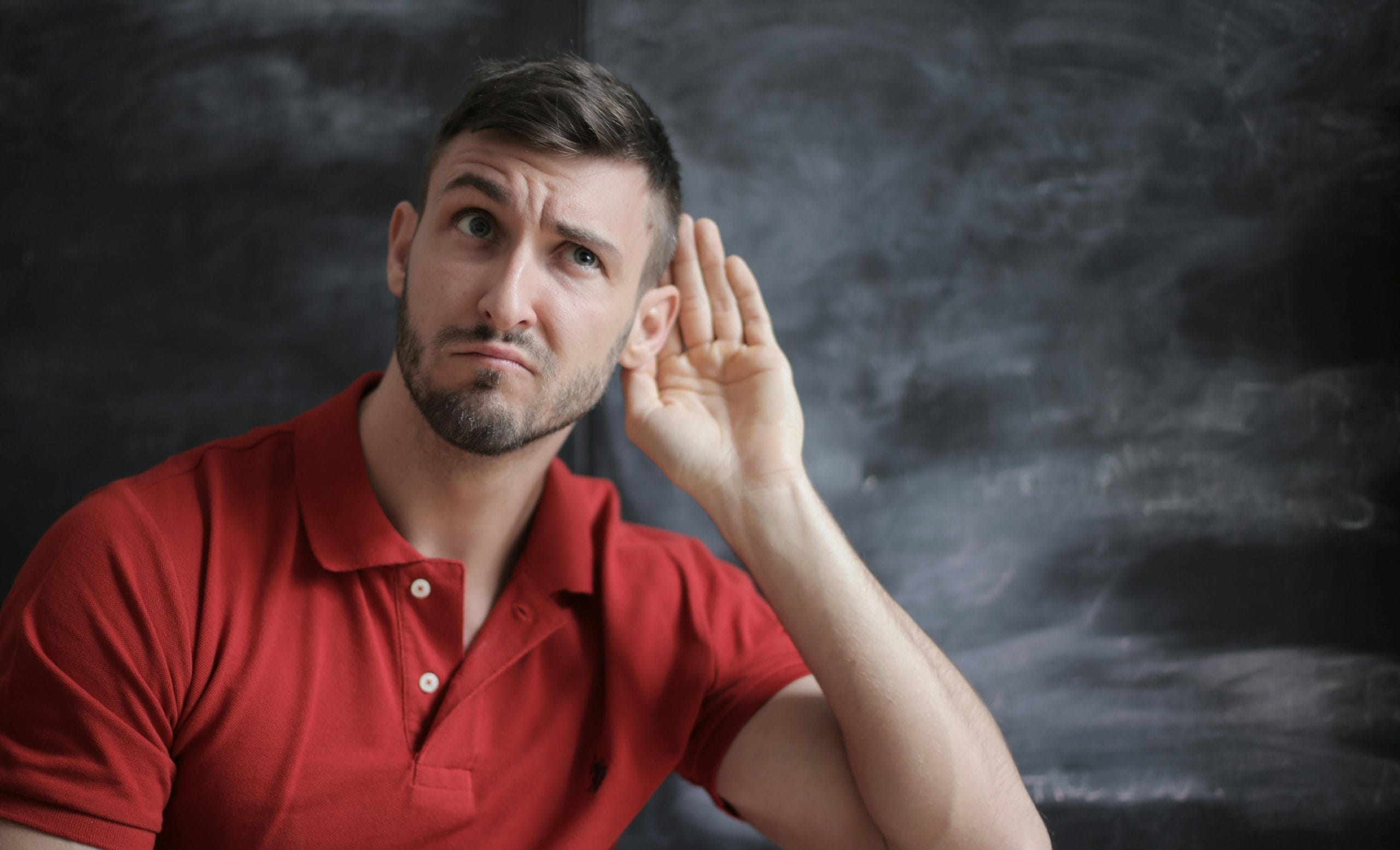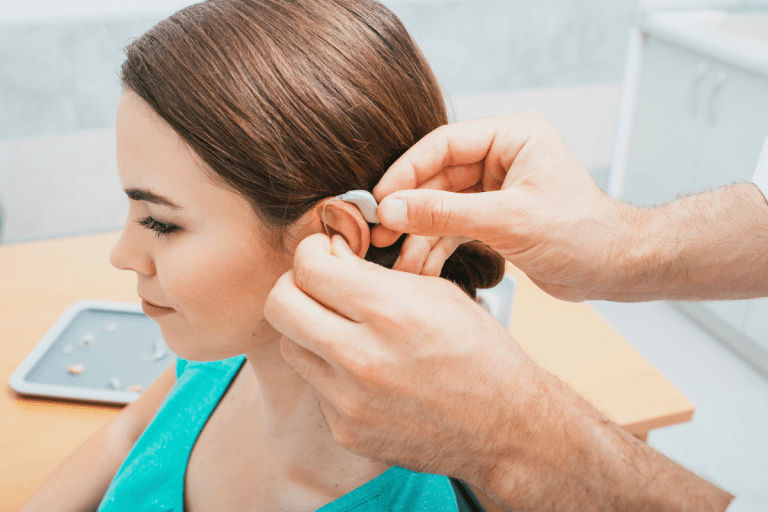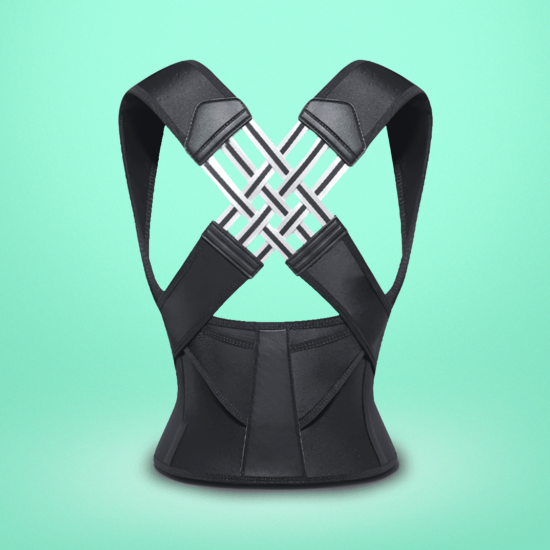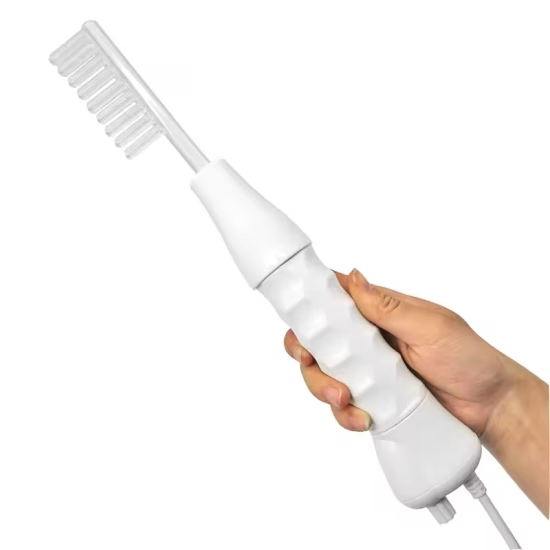Understanding Otosclerosis and Its Impact on Hearing Loss
Otosclerosis is a condition affecting the small bones in the middle ear, leading to progressive hearing loss. This blog explores the causes, symptoms, and treatment options to provide a better understanding of the condition.
What Causes Otosclerosis?
The exact cause of otosclerosis remains unclear, but genetic factors play a significant role. It often runs in families and may be influenced by hormonal changes, particularly during pregnancy. Additionally, certain viral infections have been linked to its onset, potentially triggering abnormal bone growth.
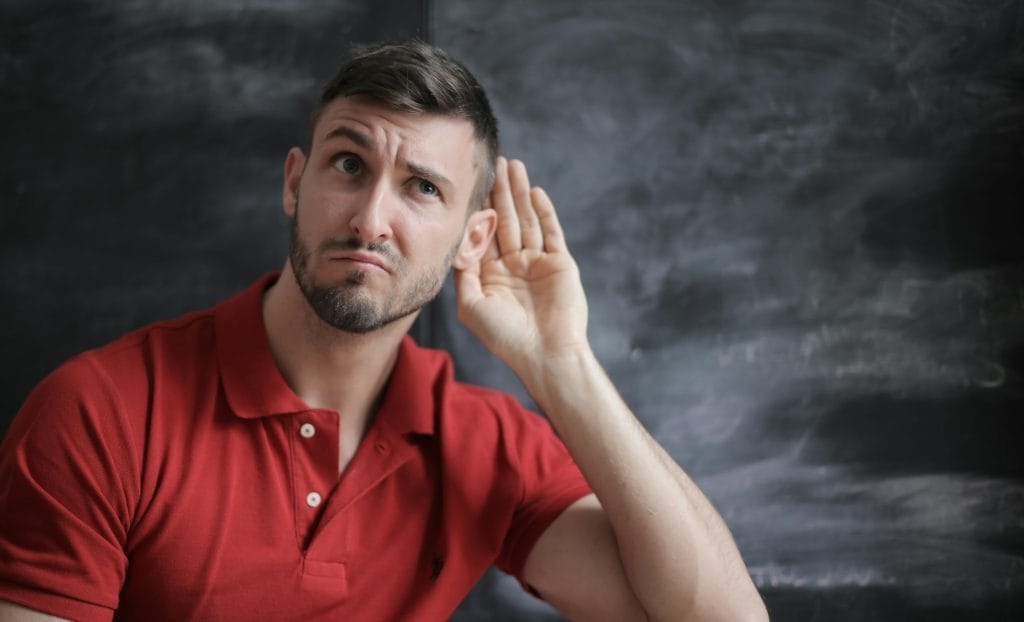
Recognizing the Symptoms of Otosclerosis
Common signs of otosclerosis include:
- Gradual Hearing Loss: Typically starting in one ear and eventually affecting both.
- Difficulty Hearing Low-Pitched Sounds: Low frequencies become harder to perceive.
- Tinnitus: A persistent ringing or buzzing in the ears.
- Dizziness or Balance Issues: Though less common, some individuals may experience vertigo.
Available Treatment Options
Treatment for otosclerosis varies depending on the severity of hearing loss:
- Hearing Aids: For mild to moderate cases, hearing aids amplify sound to improve hearing ability.
- Surgical Intervention: A procedure called stapedectomy replaces the affected bone with a prosthetic to restore sound transmission.
- Medications: While less effective, some medications may slow progression or provide symptom relief in early stages.
Preventing Further Hearing Damage
Although otosclerosis cannot be fully prevented, taking steps to protect your hearing can reduce the risk of further complications:
- Avoid prolonged exposure to loud noises.
- Seek early diagnosis and intervention if hearing issues arise.
- Follow medical advice to manage underlying conditions.
Otosclerosis can significantly impact quality of life, but with early detection and appropriate treatment, many people regain their hearing and confidence. If you or a loved one experiences symptoms of otosclerosis, consult an audiologist or ENT specialist to explore the best course of action.

